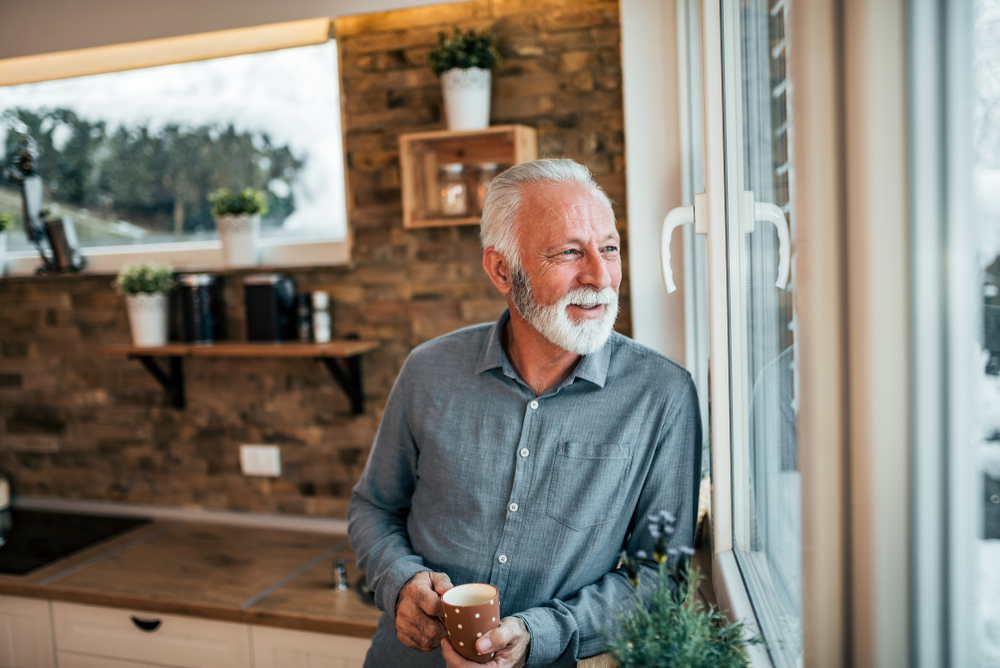In a culture that idolizes independence and hustle, we rarely talk about the quiet, steady force that holds so many lives together: consistent, dedicated support.
Behind every elder who thrives in their later years despite mobility challenges, memory loss, or loneliness, there’s often a network of care that goes far beyond practical help. This support doesn’t just make life easier; it makes life richer, more connected, and deeply personal.
This post is for the quiet heroes: family carers, care professionals, and community members who understand that meaningful ageing isn’t about doing more, but about helping people hold on to what matters most.
Reframing Support: It’s Not About Dependency
Too often, support is seen as a sign of decline. In reality, the right kind of care can reignite autonomy, not diminish it. Whether it’s help with medication, meals, or simply navigating daily routines, support done with dignity allows older adults to keep participating in life on their terms.
Imagine support that lets someone attend their favorite book club, plant tomatoes in the garden again, or enjoy their morning coffee in the sun. These aren’t luxuries, they’re the anchors of a meaningful day and the ingredients of a fulfilling life.
The Micro-Moments That Matter Most
Here’s the truth: it’s not grand gestures that shape fulfilling days. It’s the small, thoughtful details. The carer who remembers you like your tea just warm, not hot. The familiar voice that reads the headlines with you. The nurse who notices you’re quieter than usual and checks in without fuss.
These moments are often overlooked, but they are the real scaffolding of wellbeing and emotional safety.
A prime example of this person-first approach can be found at the Nantwich care home, where individual preferences aren’t just accommodated, they’re central. Residents aren’t expected to fit into a schedule; the care adapts around them. This kind of flexibility creates space for older adults to remain who they are, not just who they were.
Building a Culture of Support: 3 Thoughtful Shifts
Whether you’re designing a care environment or supporting a loved one at home, here are three mindset shifts that make support more empowering:
From Caregiver to Co-CreatorShift from doing for to doing with. Involve the person in shaping their own routines and choices.
From Routine to RitualTransform the ordinary. A cup of tea can become a daily ritual of connection if done with intention.
From Checklists to ConversationsGo beyond tasks. Make space for stories, memories, and humor; they are just as vital as any medical plan.
The Bottom Line: Fulfillment is Found in Belonging
Support isn’t just about maintaining health, it’s about nurturing identity, preserving connection, and honoring choice. It’s the quiet foundation under every meaningful day.
When we embrace the role of steady, personalized support in elder care, we stop asking “How do we help them survive?” and start asking, “How do we help them feel alive, valued, and truly at home?”



























